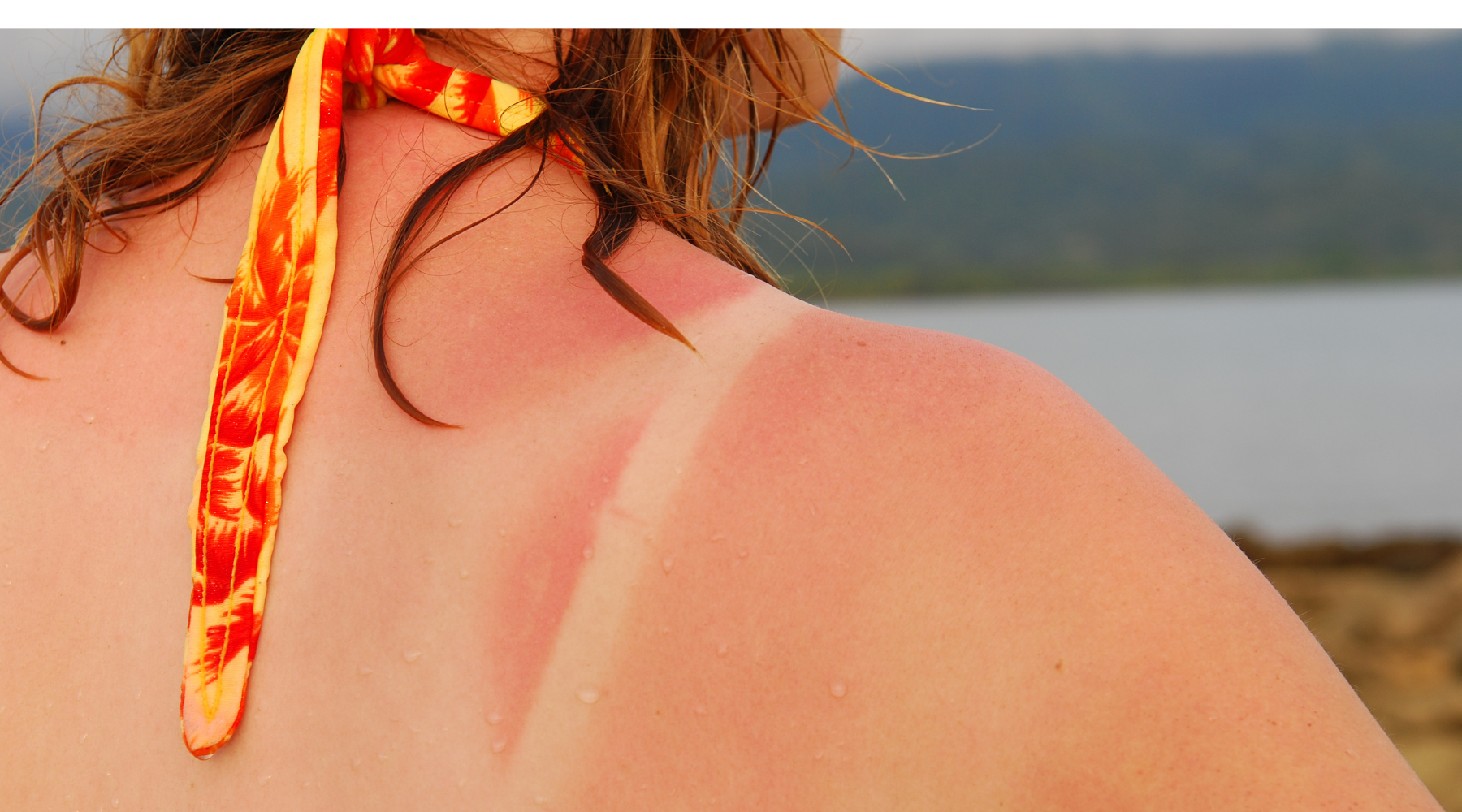July always brings Oklahoma’s hottest days, and the National Weather Service predicts temperatures this year will be well above average. Oklahoma Medical Research Foundation experts recommend preparing for the sizzling month and making the most of those long summer days.
1. Drink up!
“Dehydration is more than getting thirsty,” said OMRF immunologist Linda Thompson, Ph.D. “It can make many of the body’s processes, like the immune system, run inefficiently. Drink plenty of water, especially when spending time in the heat or drinking sugary or alcoholic beverages.”
Spacing out other drinks with a full glass of water is a good start to avoid the dizziness, exhaustion and dryness that comes with too little hydration. “If you wait until you’re thirsty to drink water, you’ve waited too long,” Thompson said.
2. Get tested.
Keep Covid-19 precautions in mind when choosing summer activities. “Surges have happened in the last two summers, and it looks like the same is happening again this year,” said OMRF physician-scientist Hal Scofield, M.D.
Transmission risk is lower outside, so take advantage of the sunny season by gathering outdoors when possible. If you notice any cold-like symptoms, take a test.
“Thankfully, illnesses have been getting less severe, but the virus is still highly infectious,” Scofield said. “We need to continue protecting ourselves with the tools we have.”
3. Lather, rinse, reapply.
Sunscreen is not optional when spending time outdoors to avoid short-term burns and long-term damage.
“Average UV levels peak in July and remain high all summer,” said Thompson, who holds OMRF’s Putnam City Schools Distinguished Chair in Cancer Research. “Exposure to UV radiation leads to many forms of skin cancer, so taking steps to lower that risk is necessary. Choose a sunscreen with a suitable SPF and reapply when it wears off from time, water and sweat.”
4. Stay aware.
Outbreaks of harmful bacteria and algae are more common in the warm summer months. “The most dangerous water is warm, shallow, stagnant water, in ponds or on the edges of bigger bodies,” Scofield said. “Especially as it gets hot – making ponds warm and shallow – be careful around still water and never let it get in your nose or mouth.”



